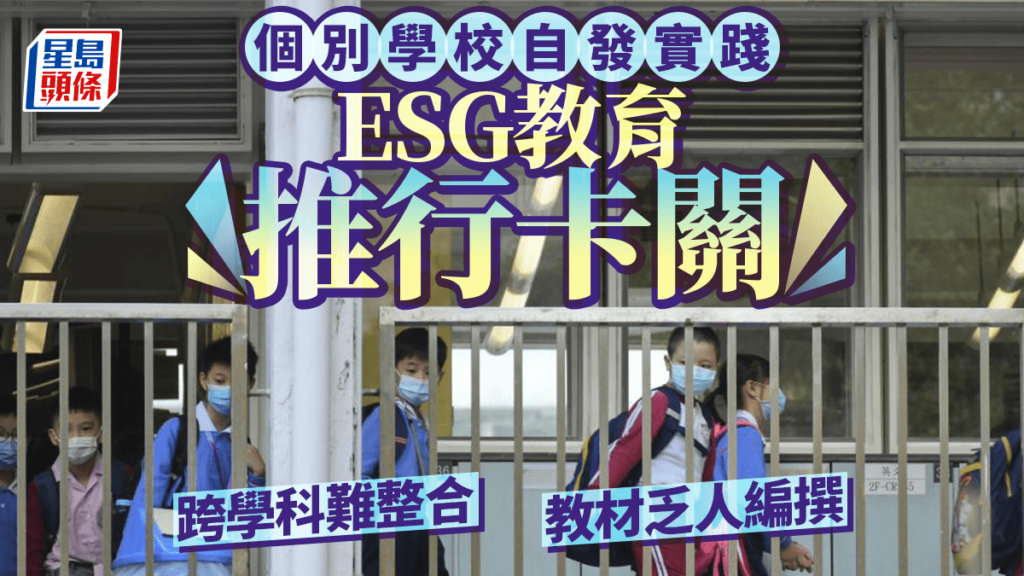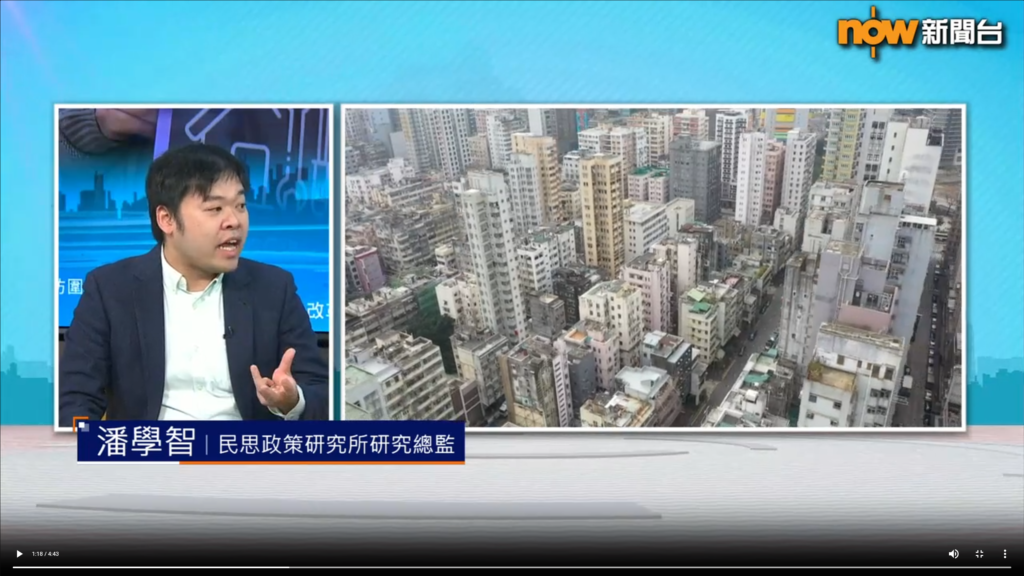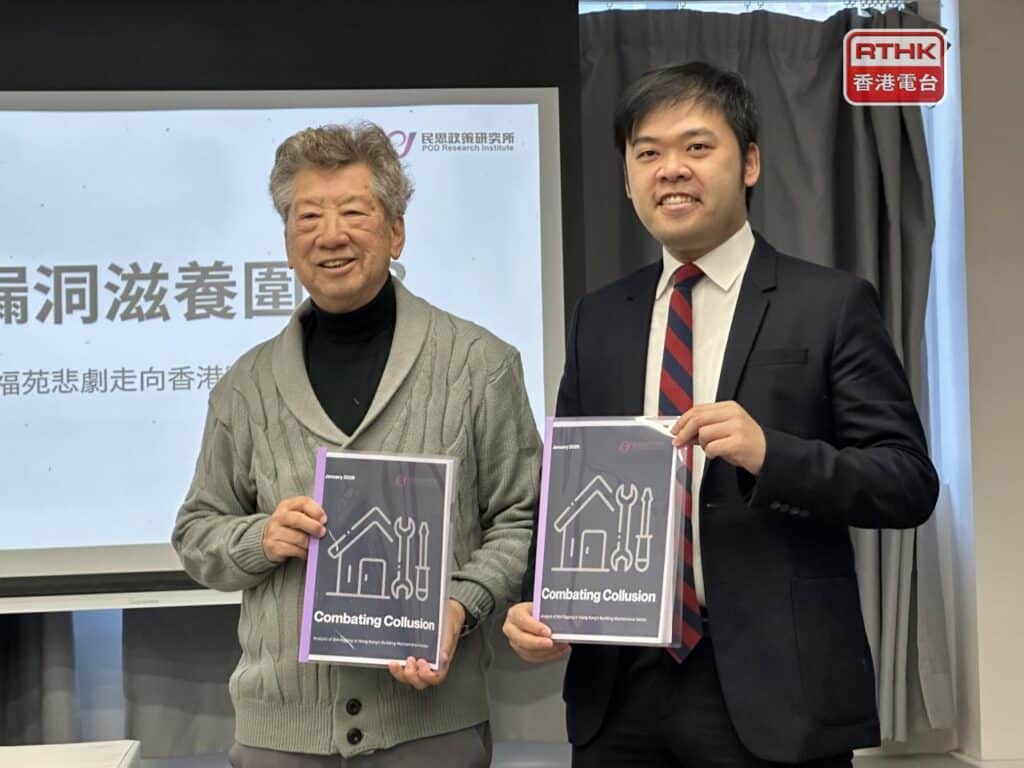ESG (Environmental, Social, and Governance) and sustainable development are universal values, and in recent years, the education sector has been discussing whether they should be incorporated into primary and secondary school curricula. Studies have shown that over 70% secondary schools in Hong Kong do not mention these concepts in their school development plans, and implementation has been difficult. Industry experts say that while some schools are actively promoting them and achieving good results, the overall response has been lackluster. Besides a lack of publicity, the biggest pain point is that ESG and sustainable development concepts often span disciplines, making it difficult to find dedicated staff to design specialized courses. Furthermore, many schools still prioritize academic performance and student enrollment, leading to stagnant development. Some secondary school principals have attempted to integrate these concepts into their subjects and encourage student learning through examinations. Scholars have suggested that the authorities adjust education policies and strengthen teacher training to embrace this new educational trend.
ESG has become a recent metric for measuring the performance of listed companies and businesses. Some primary and secondary school principals have expressed interest in promoting ESG and sustainable development concepts to students, but have found it challenging to integrate them into curriculum. Other educators point out that sustainable development education is a key component of current values education in primary and secondary schools, encompassing energy conservation and waste reduction, resource utilization, and corporate social responsibility. Schools can implement this approach in an orderly manner according to the framework established by the authorities.
Civic Exchange, a public think tank, recently conducted research on the implementation of sustainable development education in Hong Kong's secondary schools. The study, analyzing the school development plans published online by 482 secondary schools, found that 731 schools failed to incorporate sustainable development concepts into their plans. Civic Exchange's Executive Director, Yiu Chun-yip, stated that Hong Kong lags behind international cities such as Tokyo, Seoul, and Amsterdam in integrating sustainable development concepts into education policies and teacher training, lacking a formal and comprehensive sustainable development education policy.
Admissions still prioritize academic performance
Yao also mentioned that Hong Kong faces five major obstacles in implementing sustainable development education, including inadequate education policies, competing with established concepts, insufficient teacher training, lack of resources, and insufficient collaboration among stakeholders.
Poon Hok-chi, Co-Convenor (Research) of the Democratic Ideas Initiative, also noted that ESG concepts are highly consistent with the 17 Sustainable Development Goals advocated by the United Nations. These goals, such as protecting the environment, reducing inequality, and building strong institutions, all benefit humanity's future development. Learning about these concepts from a young age can broaden children's thinking and perspectives. However, he noted that current school promotions of ESG and sustainable development concepts primarily focus on short-term activities or STEM (science, technology, engineering, and mathematics) courses, resulting in limited interest and participation. Furthermore, Hong Kong employs a discipline-based education system, with each subject being independent, making it difficult to find specialized, cross-disciplinary ESG and sustainable development education courses.
Some secondary school principals pointed out that integrating ESG into the curriculum is challenging and it is difficult to find suitable teaching materials.
A secondary school principal, who wished to remain anonymous, also pointed out that the biggest challenge in promoting ESG and sustainable development education is the lack of suitable teaching materials on the market, making it difficult for publishers to develop interdisciplinary curricula for teachers. He cited the example of the extreme weather triggering the "black rain of the century," which involved physical phenomena such as wind, rain, and the greenhouse effect, as well as geography, public infrastructure, and government governance, spanning subjects such as physics, geography, and civics and social development. He acknowledged that the integration of diverse knowledge areas and the development of specialized interdisciplinary teaching materials requires the involvement of relevant subject heads or experienced teachers.
The principal continued to say that the school is currently very busy with academic affairs, and the implementation of relevant education is not mandatory. Schools can formulate strategies according to their own school-based policies. If individual principals are very interested in the relevant concepts, they will include them in the school development program and drive the implementation of the whole school. However, most schools still regard improving students' public examination results and enrollment as their top priority, and have not been actively promoting it.
Some schools are promoting "paperless" and building ecological parks
Tse Si-hei, Director of Innovation Strategy at the Fulfillment Social Enterprise Institute, also noted that some schools in Hong Kong are actively promoting ESG and sustainable development education, with many demonstrating success. Examples include schools going paperless, establishing eco-parks, raising animals, and even building jellyfish tanks, allowing students to learn beyond the textbook. He also noted that the Education Bureau has introduced a number of initiatives in recent years, including providing "life events" lesson plans related to sustainable development education, but overall promotion remains insufficient, with "various schools working in different ways," which he worries will impact effectiveness.
Xie suggested that the authorities could strengthen publicity of successful cases to help the academic community understand the feasibility of ESG and sustainable development education, thereby alleviating concerns. He said that each school should develop appropriate programs based on its own conditions, teaching staff, and student needs. "Don't deliberately imitate or copy others, because you can't learn it at all."
Huang Jianhao, founding chairman of the Educators' Union and current secondary school principal, believes that integrating ESG and sustainable development education concepts into academic subjects requires careful consideration in curriculum design. He cited his school as an example, stating that it will establish a Chinese herbal medicine garden next academic year, where students will learn to cultivate Chinese herbs and gain a hands-on understanding of their growth and medicinal properties. This will be supplemented by laboratory work, where students will use microscopes to examine the characteristics of herbal cells, tissues, and internal components. Because the curriculum spans biology, chemistry, health management and social care, and technology and daily living, participating students will be required to take exams. The hope is that students will absorb the knowledge gained during these preparatory years.
Encourage students to go out of the classroom and get in touch with nature
Yao Junye suggested that the authorities improve education policies, such as formulating a comprehensive sustainable development education policy and prioritizing the integration of concepts such as climate change and biodiversity into the educational frameworks of "values education," "seven learning goals for secondary education," and "national security education." He emphasized the importance of teacher training and suggested incorporating climate change into professional development curricula for both pre-service and in-service teachers to strengthen their knowledge of the subject.
Regarding the learning environment, Yao encouraged schools to arrange for students to step out of the classroom and experience nature in the countryside. He also suggested that the authorities could incorporate ESG elements into themes such as "Environment and Life," "Society and Citizenship," and "The World and Me" in primary school humanities.
Ye Rongqing, chairman of the International Council for Sustainable Development, pointed out that the concept of "governance" in ESG is rather profound and should be introduced in high school courses.
Dennis Yip, Founding Chairman of the International Association for Sustainable Development, also noted that among the three major ESG areas, "governance" involves corporate and institutional governance, and is more complex and sophisticated, making it more suitable for high school students. Earlier this year, the association co-organized the "Sustainability Research Youth Action Program" with the Chinese University of Hong Kong and the Hong Kong Direct Subsidy Schools Council, allowing high school students to research ESG topics of their choice and learn research methods.
Poon Hok-chi, Assistant Director of the CUHK Shanghai-Hong Kong Joint Research Institute, also participated in the program. He expressed his hope that the training would enable students to objectively assess ESG performance and enhance their knowledge. He emphasized that ESG and sustainable development concepts can contribute to a green future. Incorporating them into primary and secondary school curricula would not only satisfy students' pursuit of knowledge but also permeate the community, fostering public participation in environmental protection, public welfare, and good governance, ultimately contributing to the building of a sustainable world.
Procurement of environmentally friendly materials to implement ESG green management
In addition to integrating ESG concepts into the curriculum, the education sector suggests developing green management or procurement policies to support ESG implementation across the school. Some in the construction industry have pointed out that facing low enrollment and a sluggish economy, even well-resourced international schools are becoming more cautious about using environmentally friendly materials, potentially hindering the implementation of ESG in school facilities.
Tse Si-hei, Director of Innovation Strategy at the Fung Shing Social Enterprise Institute, noted that primary and secondary schools can implement ESG through school administration and management, such as adopting environmentally friendly policies and strengthening green procurement. He suggested that schools assign individual teachers to handle ESG-related matters. For example, one school promoted a "paperless" administration model, with all teachers and students working together to implement it, successfully saving tens of thousands of sheets of paper over the years.
In recent years, a number of building materials that use recycled materials and meet chemical emission standards have entered the market. Huang Zhiming, founder of building materials supplier Chuppao Construction, noted that several years ago, he held an exhibition to promote ESG and environmentally friendly materials to the academic community, but the response was tepid. International schools and schools under the Direct Subsidy Scheme (DSS) program were more open to adopting more expensive environmentally friendly materials. However, with declining student enrollment, schools have become more conservative in their procurement.
Huang noted that while the idea of "promoting ESG through school administration" is theoretically feasible, it presents numerous practical challenges. He cited a principal who noted that the government's recent fiscal deficit has limited school resources, making it difficult to allocate additional funds for related initiatives. Another principal expressed interest in implementing the initiative, but due to limited awareness and lack of staff within the school, they needed to hire a dedicated advisor to provide consultation and develop an implementation plan, ultimately putting the plan on hold due to resource constraints.
The government provides 40 "life events" lesson plans, and the education sector hopes for more publicity and dissemination.
Civic Exchange Policy Research Institute Executive Director Yiu Chun-yip noted that the Education Bureau has provided nearly 40 "life events" lesson plans related to sustainable development education for values education, covering four learning stages and suitable for primary and secondary school students. These lessons focus on daily life topics such as environmentally friendly living, climate change awareness, plastic-free living, and reducing waste.
He added that the Environment and Ecology Bureau has also recently launched the "Green Link - Environmental Education Support Service Scheme," providing one-stop dedicated support services to assist teachers in organizing environmental education activities and promoting environmental protection and carbon neutrality knowledge. He added that schools can use the Green Link to search for and be matched free of charge with suitable environmental education lectures, field trips, workshops, guided tours, and environmental theatre programmes, covering topics such as carbon neutrality, biodiversity, nature conservation, food waste management, and waste reduction and recycling.
Some teachers believe that the above-mentioned lesson plans and support services can help teachers, but point out that there is a general lack of awareness in the industry. They hope that the authorities will increase publicity so that more teachers can use them as needed to avoid wasting resources.



